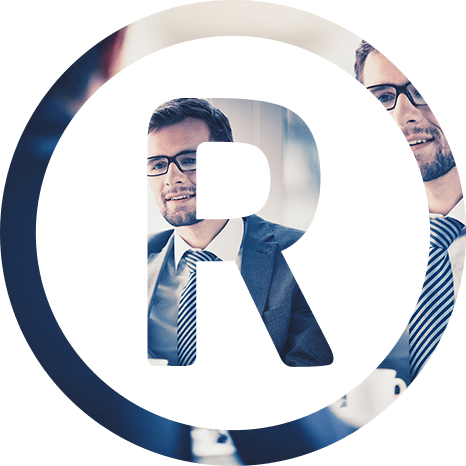F.A.Q. TRADEMARKS
1. What characteristics must a trademark have to be registered?
According to the Industrial property code, signs must include novelty, distinctness and lawfulness if they are to be registered as a trademark, implying that a trademark should be sufficiently differentiated from other distinctive signs owned by third parties used for identical or similar products and/or services, that it is suitable for distinguishing the goods or services of one enterprise from those of others, and that it is not contrary to law and morality.
2. What rights does a registered trademark guarantee?
In accordance with Article 20 IPC, the owner of the registered trademark is entitled to make exclusive use of the trademark. The owner is thus entitled to prevent all third parties, without prior consent, from using for business purposes:
- sign identical to the trademark in relation to identical goods or services to those for which it was registered;
- a sign identical or similar to the registered trademark for identical or similar goods or services, if the identical or similar aspects of the signs and identical or similar aspects of the products or services may create a likelihood of confusion for the public, and this may also consist in a likelihood of association between the two signs;
- a sign which is identical or similar to the registered trademark to goods or services that are not similar, if the registered trademark enjoys repute and the use of the sign without just cause takes unfair advantage of the distinctive character or the repute of the trademark or adversely affects it.
3. Can the rights to a trademark expire?
Yes. The trademark registration lasts ten years from the filing date of the application and may be renewed. The trademark expires through genericide, in accordance with Article 13, paragraph 4 IPC [link a volgarizzazione], for unlawfulness pursuant to Article 14, paragraph 2 IPC, or for lack of use pursuant to Article 24 IOC.
4. Are unregistered trademarks (so-called “de facto trademark”) nonetheless protected?
Yes. The decisive factor in the evaluation for the existence of the right to a de facto trademark regards the identification of the territorial diffusion of unregistered distinctive sign. In this respect, a distinction is made between local notoriety or purely local notoriety, and general awareness.
5. What does the assignment of a trademark involve?
The assignment involves transfer of full, entire and exclusive ownership of a trademark to another subject. The deeds of assignment, in order to be opposable to third parties, must be transcribed at the trademarks register kept by the relative patent and trademark office.
6. What differences exist between assignment and licensing of a trademark?
The licence, as opposed to assignment, allows the holder of the trademark to retain its ownership, but agrees to its use by other businesses on payment of royalties. In certain types of contracts, the licensor retains a degree of control over the licensee, in order to ensure that a certain level of quality is maintained.
F.A.Q. PATENTS
1. What are the requirements for patentability?
The application of patent protection essentially requires the existence of the following requirements: novelty, inventive step (non-obviousness), industriality, legality (not contrary to public order and morality). In addition, the patent application must be drafted in such a way that the invention is sufficiently described.
2. Are there inventions that cannot be patented?
Yes. It is not possible to patent discoveries, scientific theories and mathematical methods, plans, principles and methods for intellectual, entertainment or business activities, computer programs, presentations of information, methods for surgical or therapeutic treatment or diagnostic methods for human and animal bodies, animal breeds, plant varieties and everything that is not a product of human invention but already exists in nature. There are dedicated protection laws for plant varieties and software. Under certain conditions, the software may also be patented.
3. What rights does a patent guarantee?
A patent grants its holder the exclusive right to use the invention and make a profit from it. In particular, the patent confers the exclusive right to produce, use, market, sell, or import the patented product for those purposes.
4. How long does a patent last?
Patents are valid for twenty years from the filing date. In certain sectors (in particular the pharmaceutical industry), a limited extension is available to compensate for the delay between the filing of the application and the granting of authorization to market medicinal product. The patent remains valid throughout its duration only if maintenance fees (usually annual) are paid.
5. What are the differences between a European and an EU patent?
Currently a EU patent as such, i.e. a single patent valid throughout the EU, does not exist. However, legislative changes in progress at EU level should soon bring about the establishment of a unitary patent with these characteristics as well as the opening of a Unified Patent Court (UPC). The unitary patent will be granted according to procedures currently in force at the European Patent Office, but it will be possible to designate the European Union collectively instead of individual states. Brexit and a compliant before the Germany Constitutional Court, however, render the beginning of the Unitary Patent and the opening of the Unified Patent Court uncertain.


 >
>